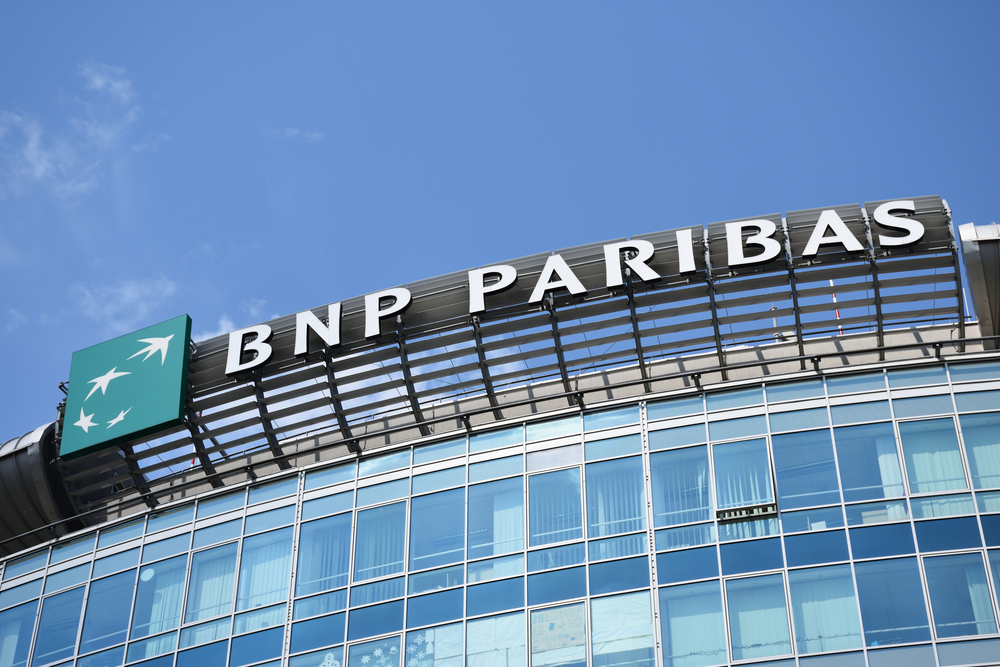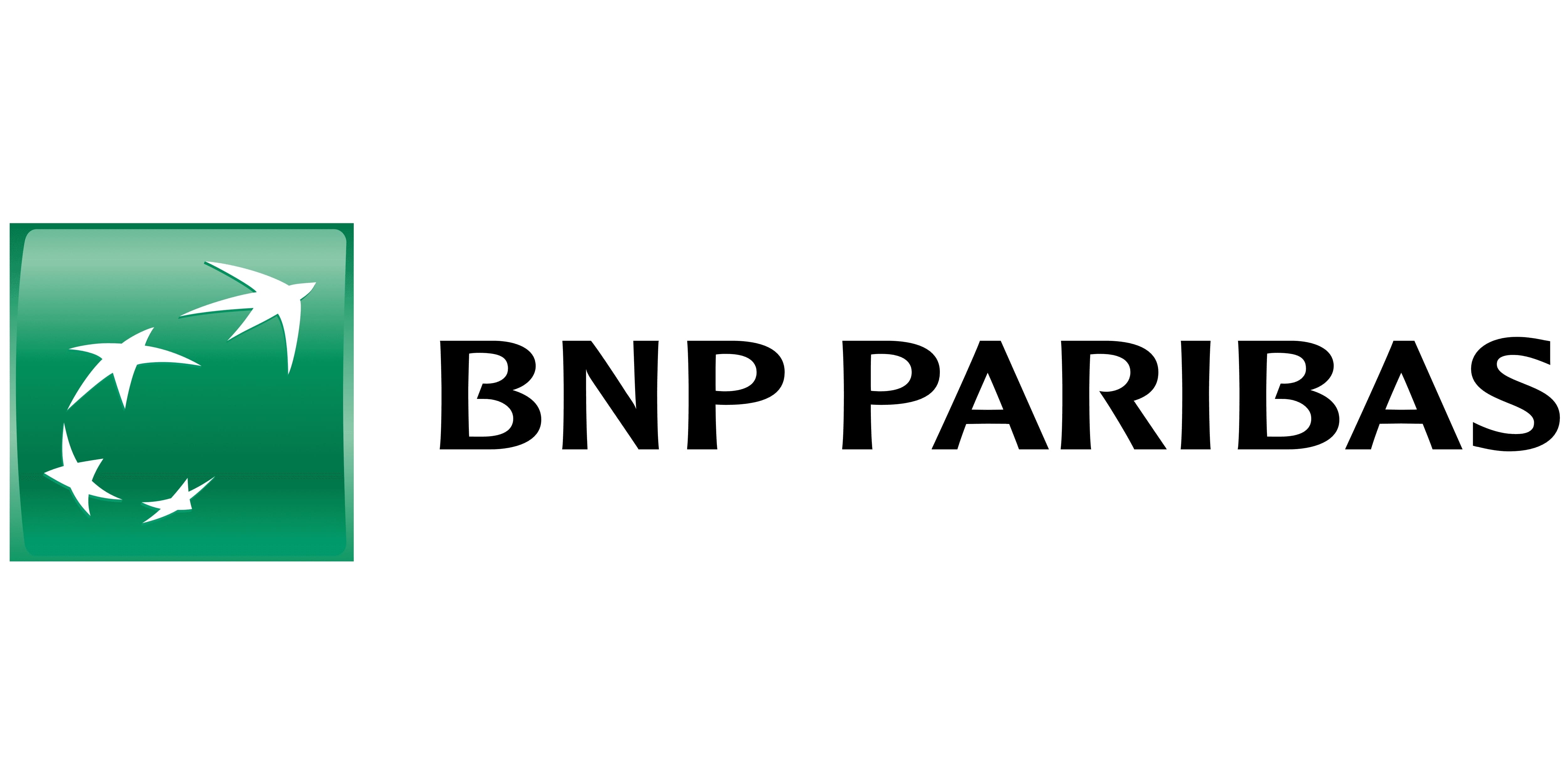AXA Investment Managers’ potential merger with BNP Paribas (BNPP) has highlighted the challenges that come with being a medium-sized ETF issuer in the current market backdrop.
The merger marks the second time AXA IM has sold its ETF business to BNP Paribas – after the French asset manager announced it would transfer 22 ETFs worth $1.8bn assets under management (AUM) – to BNP Paribas in May 2009.
AXA IM then re-entered European ETFs in September 2022, with the launch of two active ETFs.
Almost two years on, the new deal between AXA and BNPP has pointed to the broader issue of being a medium-sized ETF issuer in the current market, where managers continue to feel the squeeze from increasing cost pressures.
Different ETFs, similar philosophy
While AXA IM’s ETFs predominantly span active strategies, BNPP Asset Management’s range focuses on a rules-based approach, rather than being alpha-generating.
While the range has little overlap, Debbie Fuhr, managing partner and founder of ETFGI, said that the duo’s range still has a crossover in “investment philosophy” with both issuers employing either an ESG, sustainable, or climate focus.
“From a philosophical view on investing, there is a similarity between the two ranges which works well as it would be difficult to combine products which have very different outlooks on the types of products.”
Currently, BNP Paribas has an even spread between ESG-focused equity and fixed income ETFs, with some thematic products in the mix.
AXA IM has focused mostly on climate active equity ETFs, with the AXA IM ACT Climate Equity UCITS ETF (ACLE) being its largest active strategy with $417m AUM.
“[AXA and BNPP] will look at where there are opportunities for synergies, but BNP has not been a huge issuer of new products over the years in general, even though they have been out there for a long time,” Fuhr said.
“Firms do not have to launch a lot of ETFs, the idea is to launch a family of products that make sense and have a long shelf life that you can sell to clients on a pretty global basis.”
“I am not seeing that there's necessarily a case to be launching new products. They will look at rationalising products.”
Mathieu Caquineau, director of manager research at Morningstar, agreed that both product suites will be rationalised from the merger rather than launching new ETFs.
“I think rationalising the fund range on both sides is inevitable,” he said.
Middle ground position remains hardest
The BNP Paribas and AXA IM merger has underscored a broader issue that being a medium-sized ETF issuer comes with a multitude of challenges.
Commenting on the middle ground being least desirable, Athanasios Psarofagis, ETF analyst at Bloomberg, said: “It is not my theory, it is just where the flows are going and that is how the market is starting to get divided.”
“If you are going to be in the middle, you either have to be really cheap or offer something really unique,” Psarofagis added.
Fuhr added: “[The merger] demonstrates, from an asset management point of view, that you either have to be a small boutique and be able to cover your costs or you have to have scale in assets to cover the cost of competing in the asset management industry.
“[The merger] is illustrating that size and scope and economies of scale are really important.”
The final word
Going one step further, Psarofagis added that being an ETF issuer within a large asset management company that is not a “purebred” ETF firm is another barrier to being successful in the market.
“The smaller divisions within a big asset manager have to sell ETFs internally because a lot of the other active funds see ETFs as a threat to them, as they are picking stocks and doing all this research, but also offer ETFs that are really cheap,” he said.
“It is even harder for the firms that have not fully embraced ETFs.”





